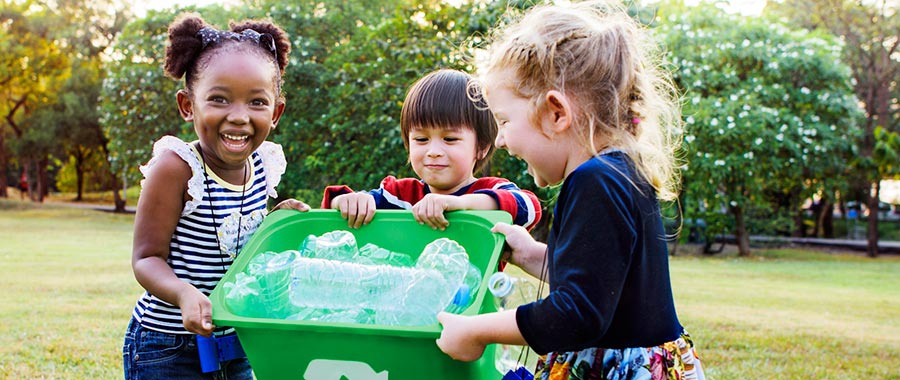The views expressed in our content reflect individual perspectives and do not represent the authoritative views of the Baha'i Faith.
Human beings learn the highest and most spiritual truths and insights through abstract thinking—through metaphors.
There is a fascinating axiom that applies to this process so long as our soul maintains its associative relationship with the human body—that is, while we remain in the physical part of our eternal existence: Even as we grow spiritually and are able to respond to increasingly higher levels of understanding, we never relinquish during our physical existence the need to relate our understanding to instructive metaphors.
Stated another way, the reciprocal relationship between knowing and doing remains functional because our understanding of abstractions remains necessarily dependent on our relating concepts to metaphorical or concrete expression:
First in a human being’s way of life must be purity, then freshness, cleanliness, and independence of spirit. First must the stream bed be cleansed, then may the sweet river waters be led into it. – Abdu’l-Baha, Selections from the Writings of Abdu’l-Baha, p. 146.
Consider this attribute of cleanliness. We may first understand this abstraction in terms of seeing the similarity among the diverse acts of cleanliness we are required to perform as children—cleaning our room, bathing, brushing our teeth, putting on clean clothes. At the outset we may perceive these as separate activities, each of which requires a discrete understanding with its own set of rules. Over time each of these distinct acts may become habitual. But at some point in our development, we will mentally assemble these separate acts as diverse expressions of a single virtue:
… in every aspect of life, purity and holiness, cleanliness and refinement, exalt the human condition and further the development of man’s inner reality. Even in the physical realm, cleanliness will conduce to spirituality, as the Holy Writings clearly state. And although bodily cleanliness is a physical thing, it hath, nevertheless, a powerful influence on the life of the spirit. It is even as a voice wondrously sweet, or a melody played: although sounds are but vibrations in the air which affect the ear’s auditory nerve, and these vibrations are but chance phenomena carried along through the air, even so, see how they move the heart. A wondrous melody is wings for the spirit, and maketh the soul to tremble for joy. The purport is that physical cleanliness doth also exert its effect upon the human soul. – Ibid., pp. 146-147.
In short, as maturing children we will have discovered the metaphorical relationship that unites these essentially different actions into one spiritual virtue. Once we attain this state of awareness, we will no longer have to learn so many specific regulations—we will have grasped the single principle underlying the guidance implicit in all these separate acts, the attribute or concept or virtue of cleanliness itself.
Once we have acquired this knowledge, we can then become capable of applying that principle to other diverse and unrelated physical actions. We apply “cleanliness” to our speech, to our manners, to our dress, to our thoughts and to our actions. We can become inventive and creative in our application of this abstract principle to every aspect of our existence in order that we may achieve every more expansive levels of refinement as a human being.
One of the more interesting outcomes of this process by which we grow and develop in our capacity to apply physical experience as a tool for spiritual and intellectual advancement is the largely unanticipated bounty of becoming liberated—probably the last thing we might consider as the result of habit. That is, as we manifest progressively more expanded levels of understanding into patterns of habit and discipline, we no longer have to apply a significant portion of willpower to accomplish these acts—they become instinctive. We no longer have to struggle against the natural inertia that characterizes our immature nature. Instead, we can reserve the energy needed to exert willpower to more sophisticated enterprises, to more lofty and subtle expressions of a given attribute—to cleanliness of thought and reflection, to purity of motive and intention. In other words, the acquisition of habits and self-discipline frees us to attend to the more important and lofty tasks we can assume as essentially spiritual beings trying to prepare ourselves for the continuity of our existence in a metaphysical realm.
















Comments
Sign in or create an account
Continue with Googleor